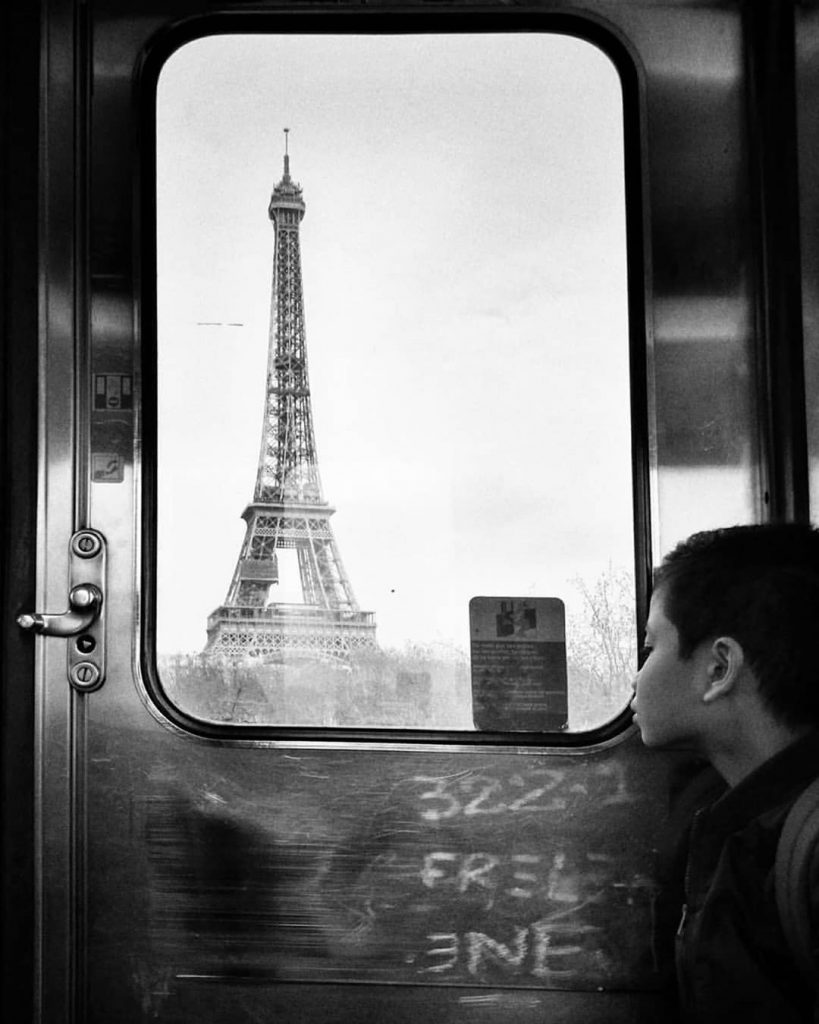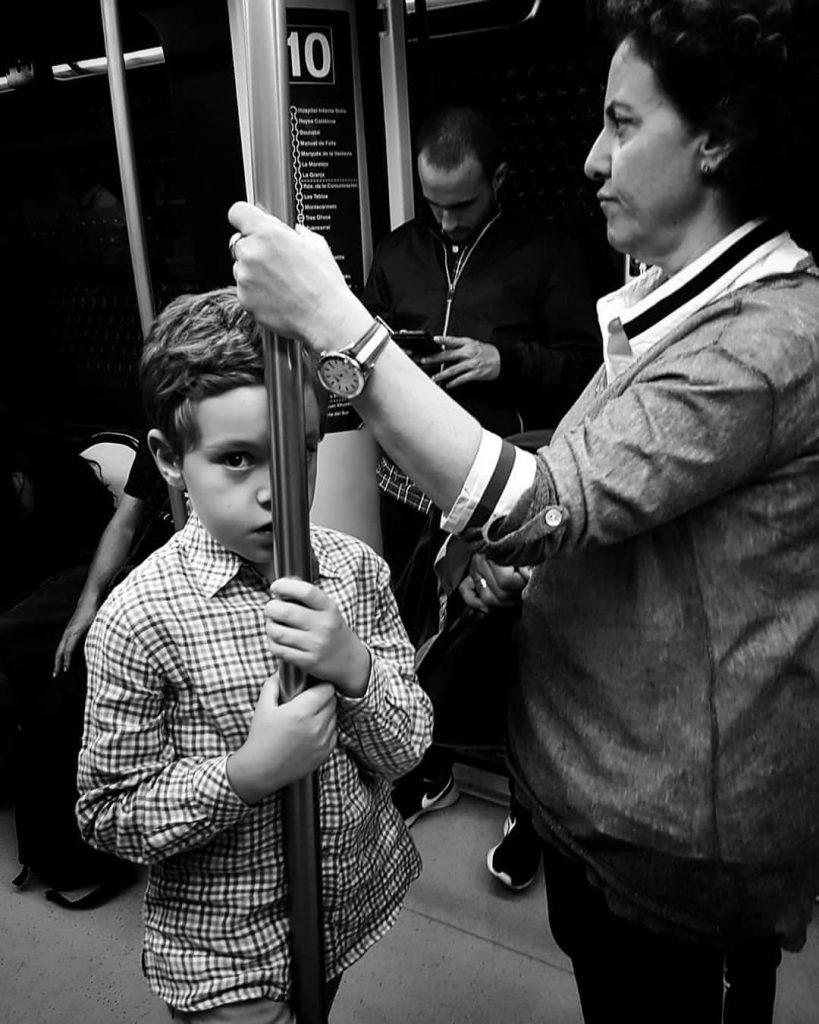
Shared spaces hold the heartbeat of the city. Hardly a day goes by when we aren’t using a public space of some kind: on the commute in busses and trains, on sidewalks and shared biking lanes, in parks and playgrounds, in lines at bodegas and corner stores, at museums, river walks, restaurants, and cafes. For many of us who love our cities, these spaces represent the best of our experience here.
But we know all too well that these shared spaces also have the greatest potential for conflict. The anonymity, density, and complexity of humanity in shared urban spaces—along with the unpredictability of our children when they are with us—is a charged mix that can leave us strained, exhausted, or shaken.

How do we handle those moments when the unpredictability of shared spaces stretches or threatens us?
Cities aren’t a modern invention; we’ve been living in close proximity for millennia. Epictetus was a prominent Greek Stoic philosopher in the first and second century, but his advice resonates today:
In preparing for any action, remind yourself of the nature of the action.
For instance, if you are going to a public pool, remind yourself of the usual incidents: people splashing, some pushing, some scolding, thieves stealing unguarded personal belongings. You will not be disturbed if you go into the experience prepared for such things and determined to retain inner harmony.

As an urban parent, this is immediately practical. Let’s try out the advice on a city bus ride, for example.
Riding the bus means riding in close quarters with complete strangers. Some of them will be sick. Some of them will take up more than one seat. Some of them will not use headphones for their music. Some of them may smile and speak to your child and others may scowl at you because you have dared to bring your child with you on the bus. Your child may shout, break into song, rap the window, burst into tears, or drive their matchbox car on the shoulder of a stranger and embarrass you. The bus driver will drive much too quickly, and you may nearly fall. A passenger may fall and touch you to stabilize. The driver may drive much too slowly, and the bus may even break down. You may need to step out of the bus, and wait for another. Your fellow passengers may grow angry and begin fighting—around you, with you, or with the person on the phone, loudly.
That’s the nature of a bus ride.
But that’s not the whole story. Your bus ride is also very, very cheap:
- $2.75 in New York City and Seattle
- $2.50 in San Francisco, Portland, Atlanta, and Philadelphia
- $2.25 in Chicago
- $2.00 in St. Louis
- $1.75 in Los Angeles
- $1.70 in Boston
- $1.50 in Detroit

You may ride as far as you wish for one low price. Statistically, it’s phenomenally safe and it feels safe in practice. Your ride will be warm in winter, cool in summer. If you’re one of those parents thinking of germs (aren’t we all?) you can rest assured that the bus is well maintained (spot cleaned daily, deep cleaned twice per month1). As a high-capacity mode of transportation, its ecological impact is low2. The large picture windows and pedestrian pace make the bus a lovely way to view the city. It’s a quiet luxury to find a seat or grab hold of a strap, tune out the noise, and become engrossed in a book. While your driver does the work of navigating the city streets, you can read to your child, talk with them, or point out interesting sights of the city as you pass by.
When you weigh it all and plan for the worst, you’ll be ready to find harmony on the city bus. Epictetus again:
If something undesirable happens, you will be able to say, “My desire is not only to [get where I need to go], but to remain in harmony with the nature of things. I cannot stay in harmony if I let myself become upset by things beyond my control.”
And so it is with every act or experience.

The next time you run to catch the bus, try reminding yourself (and maybe your children as you shuffle them out the apartment door), of the nature of the public space you’re about to enter. In preparing for the possibilities, you’ll expect them when they come and perhaps find—to your delight—that your experience includes some of the very best moments of urban life. Bring your harmony with you to your public spaces, and you may find you have enough for yourself and some left over to share.
